2026 GRAMMY Awards
Y'all, 38 artists and 70 GRAMMY nominations is BONKERS!! Our MAX/SET artist partners absolutely crushed it this year.
2 min read
George Howard : June 6, 2016
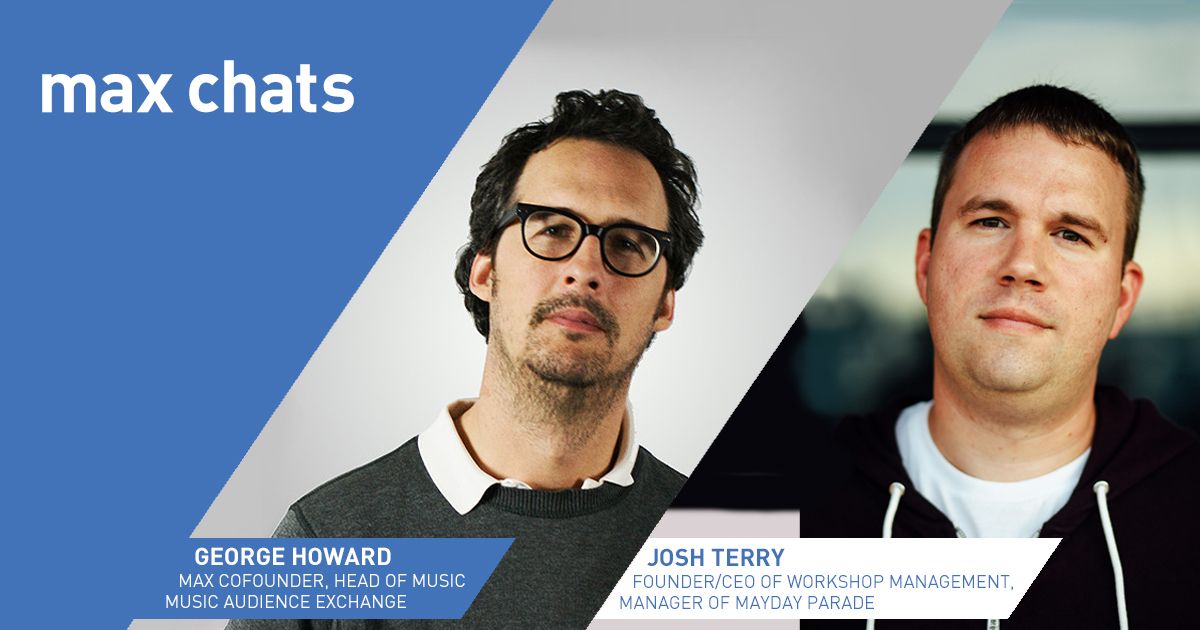
I sat down for an interview with Josh Terry, a music industry veteran and the manager of Mayday Parade. Among other subjects, we discussed:
In the excerpt below, Josh and I discuss what is at the core of a successful program between all stakeholders (artists, managers, brands, and Music Audience Exchange): value and expectation alignment.
At MAX, one of our core principles is a no-BS approach; we make our values very clear. Josh, too, shares this type of characteristic. Put simply, if the brand, the band, and the manager don’t all align around a program, it simply won’t work. Customers will see right through it, and whatever short-term financial gain that may occur will be far outweighed by the negative stigma that attaches to those artists who are clearly “selling out.”
George Howard: Where is the line? Some brand comes along and throws a bunch of bread [money] at you… that can be a real hard Faustian Bargain in terms of what you will and won’t do. How do you work through that process?
Josh Terry: I think that comes up a lot if we have vegans or someone’s very eco-friendly in the band, and it’s a corporation that does not venture into that side sometimes. The artist will say, “Nah, that’s not really for us.” And for some artists, cash is king. In that sense, and if it makes sense, they’ll totally do it.
I’m lucky that the people I work with have a clear vision of who they are. And that’s a big part of the vetting process for us when we decide to work with them…. Does this person know who they are? Are they going to add value as well? Because it can’t just be me, and it can’t be my team. And it can’t be their label wanting this more than they do.
So when I talk to them… “Hey, we have this opportunity here, here, and here,” I listen. I think that’s the biggest thing I’ve learned over the years. I don’t dictate ,“We have to do this. Your career’s over. Fear this if it doesn’t work.”
GH: Yeah, yeah. I love that.
JT: It’s more of like, “What do you want to do right now?” Because my goal, the only reason you pay me the 15-20% that you pay me to do this, is, it’s my goal to help your business grow the way you want it to grow in the avenues you want it to grow.
So if this great opportunity that I’m saying feels like a no-brainer to me doesn’t work with your values or your ethics, we’re not going to do it, because it’s your career. I can have a bunch of bands over the years, but they can typically have one big shot. I’m not going to push my values or my beliefs down their throat —
GH: Yeah, but on the other hand you’re not going to sign some artist to a management contract if you feel like the values are all out of whack, right?
JT: Absolutely, yeah. And like I said, that’s part of the vetting process.
I have to feel like these people are going to work incredibly hard. I have to feel like their goals are just as high, and hopefully higher than mine. And if they’re not, if this is just very lackadaisical, if they’re going to say no to everything, we’re probably not good partners.
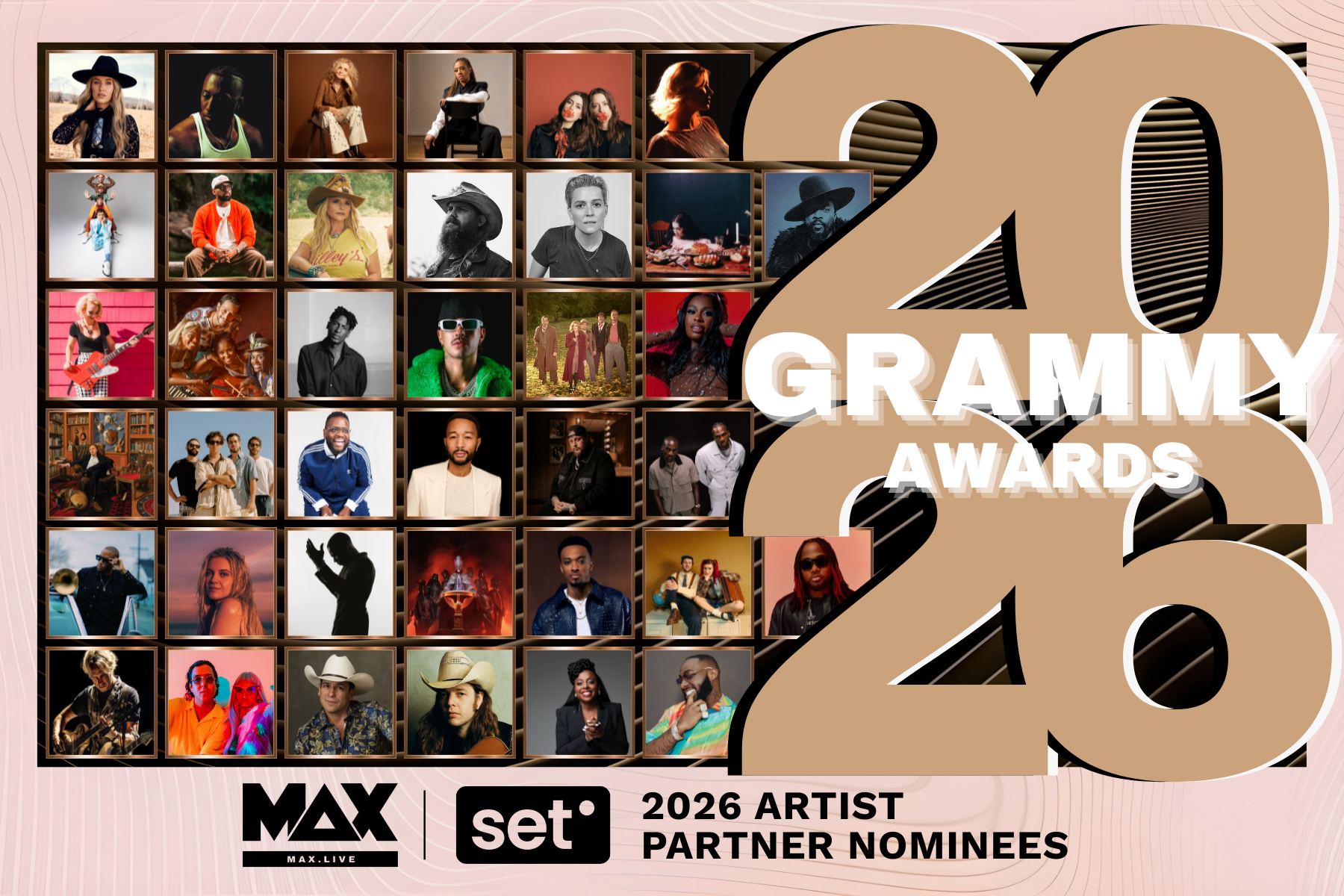
Y'all, 38 artists and 70 GRAMMY nominations is BONKERS!! Our MAX/SET artist partners absolutely crushed it this year.
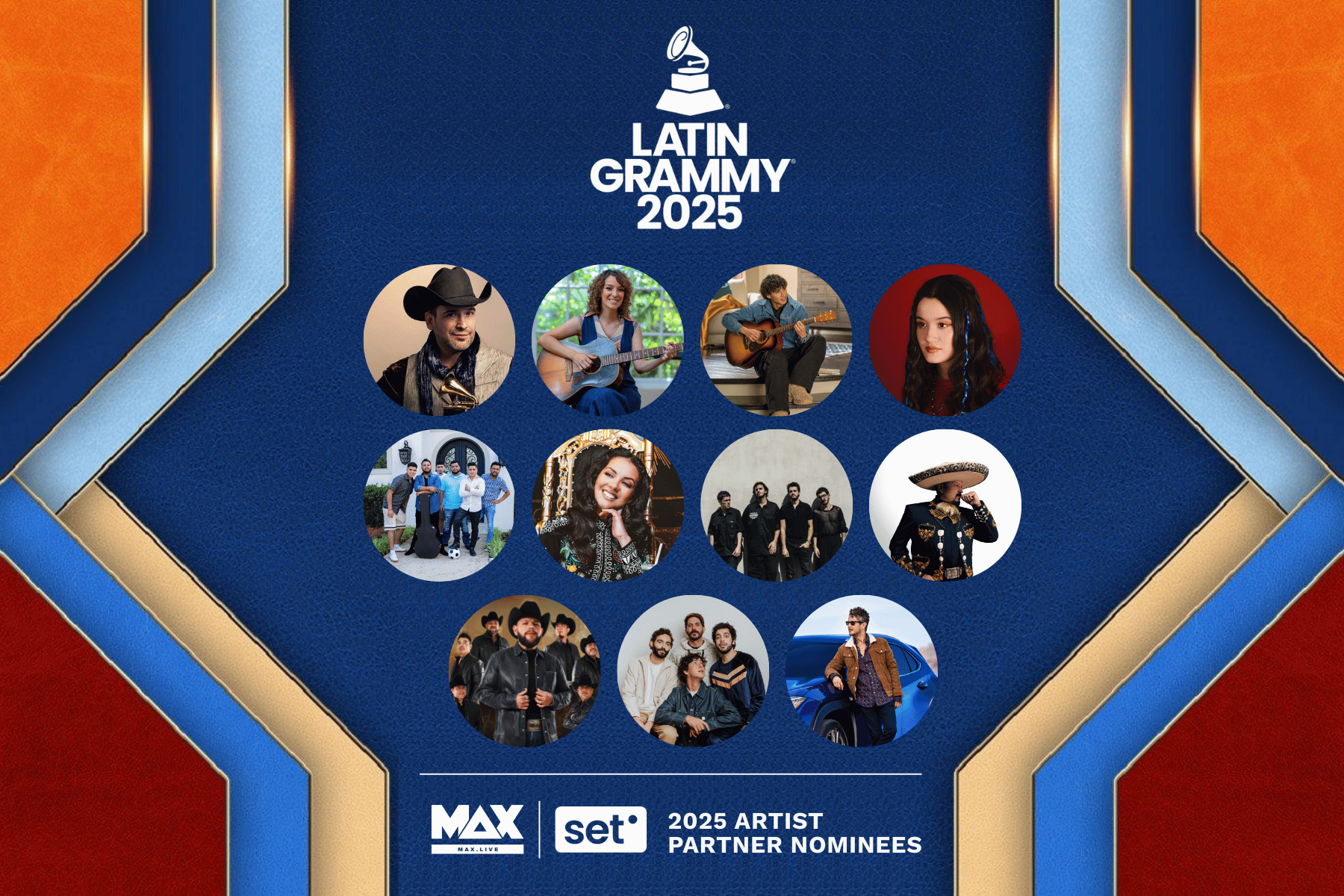
11.17.2025 UPDATE: 4 artist partners took home Latin GRAMMY Awards! 🏆🍾 The countdown has begun for the 2025 Latin GRAMMYs! On November 13, 2025,...
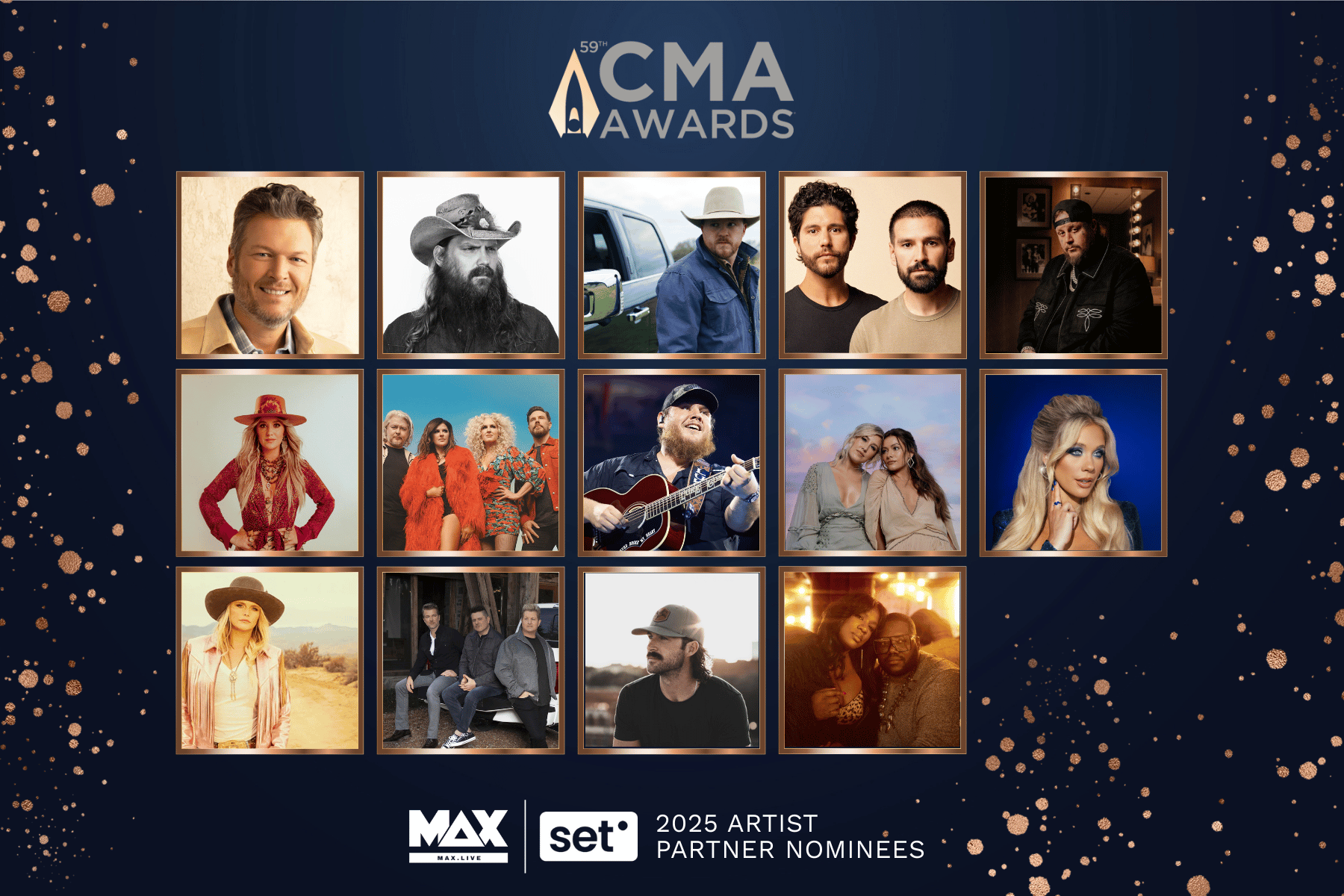
The 2025 CMA Awards, airing on November 19, 2025, will celebrate the best in country music, and we're thrilled to announce that 14 of our incredible...
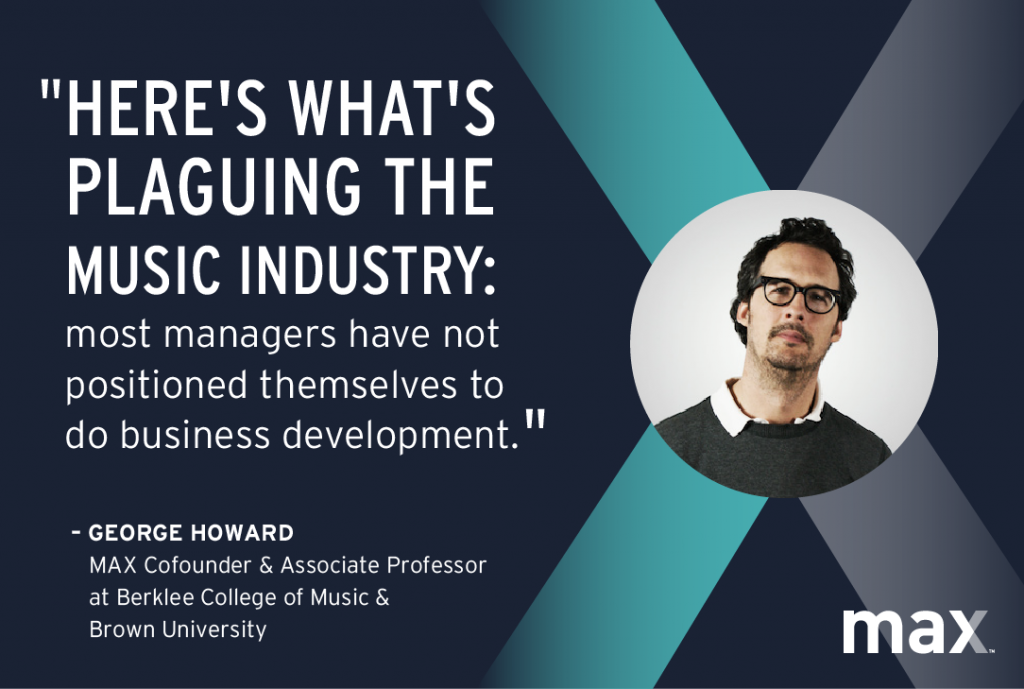
With new technologies constantly disrupting how the music business operates, the role of the artist manager has forever changed. Yet, many current...

George Howard, Co-Founder and Head of Music at MAX, is an associate professor of music business and management at Berklee College of Music, a top...

George Howard, Co-Founder and Head of Music at MAX, is an associate professor of music business and management at Berklee College of Music, a top...